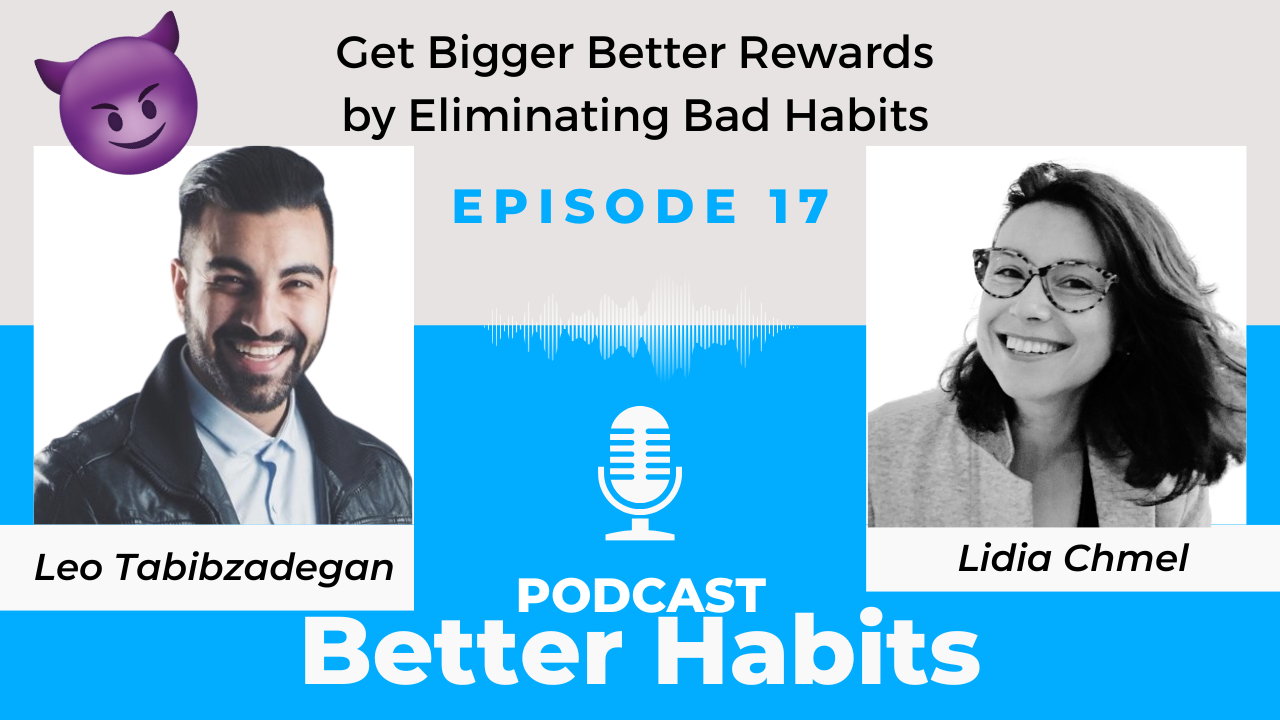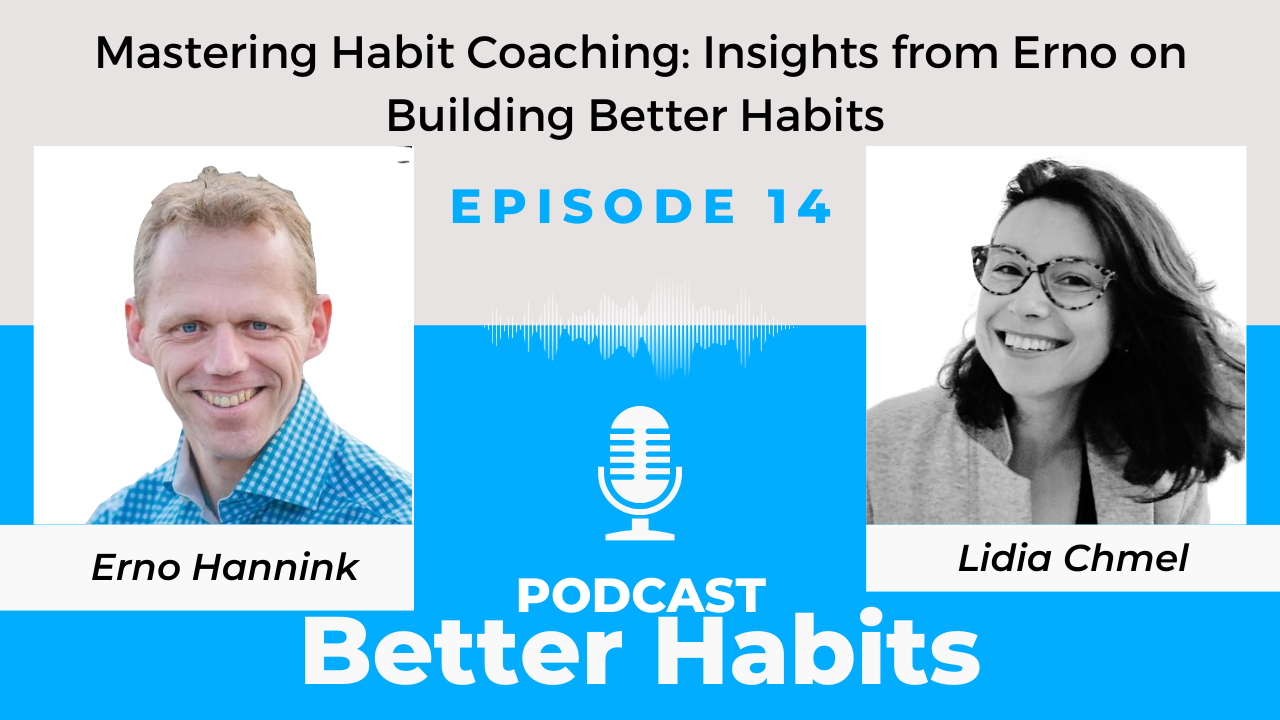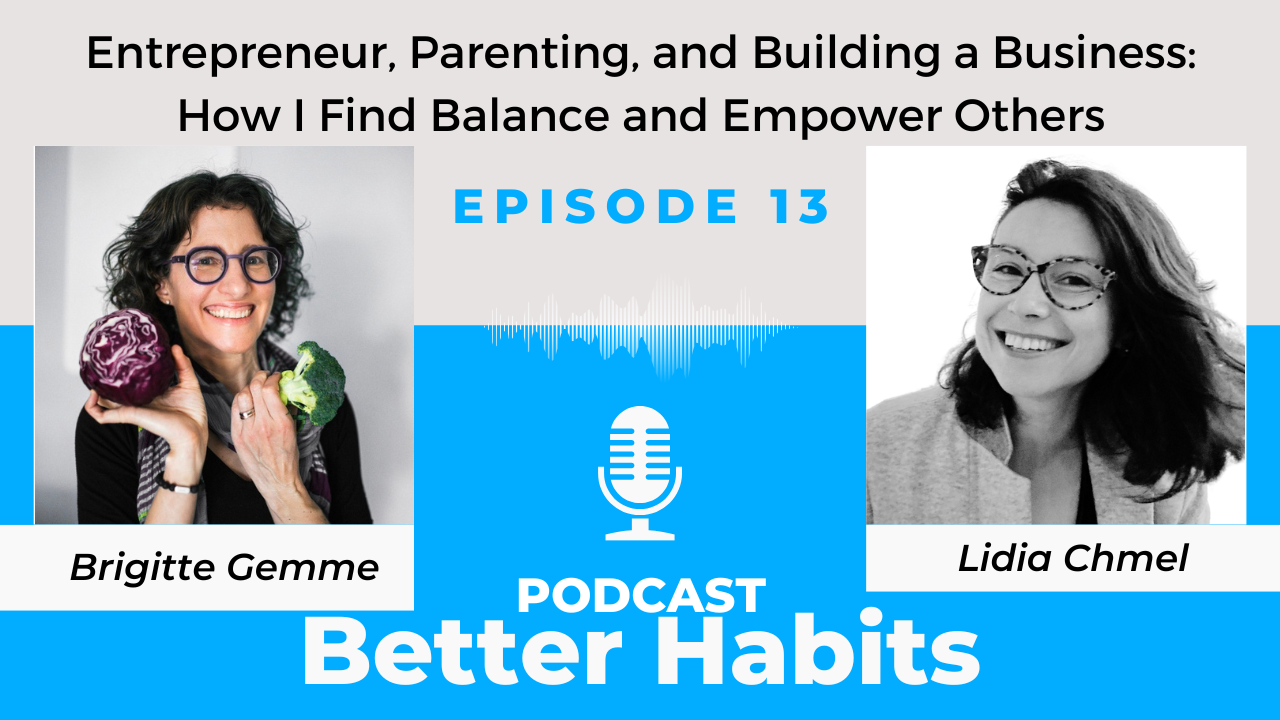Lift 1.5 is our biggest new release since launch and reminders are the biggest new feature. Download now.
Look in settings. You now have two types of reminders: a general prod based on how well you’ve been doing lately and a per-habit prompt for the days and times that you want to do your habits.
Below is the background on why we like this feature.
We often explain our behavior design philosophy using the B=MAT modelfrom BJ Fogg at Stanford. In the model, there are three parts to supporting a new behavior: increasing Motivation, increasing Ability (or decreasing difficulty), and Triggering the thought to do the behavior.
In the launch version of Lift, all we did was provide a boost to motivation through data visualization and community props. Then we added discussions, which underpins the community support that increases your ability by making you smarter.
Reminders are our first serious stab at doing Triggers. They’re also the first time the app completely supports the B=MAT model.
We had a bit of debate about this feature, which is why it came after launch. On the one hand, it’s always been high on people’s wish list. But from my perspective, I’m terrified of building an app that people perceive as nagging. We’re about positive support and have been trying to avoid anything that felt like guilting, shaming, or nagging (even though many of our users think this would work on them).
For the design of reminders we took two approaches: make the messages positive and build in a back-off algorithm.
The back-off algorithm is the most important and I’ve never seen anyone take this approach for reminders.
Normally, you set a reminder as a repeating alarm (for example in your calendar) and then you hear that alarm day after day regardless of whether it is effective. A lot of people ignore the alarm. If we built our reminder feature this way, we’d be essentially creating the habit of ignoring your habits.
Instead, we added in an increasing delay between missed reminders. They should feel novel and surprising, not invisible or annoying.
Algorithmically, we’re using an exponential back off. If you miss one reminder, the next one comes two days later. If you miss that reminder, the next comes four days later. The pattern repeats with 8 days, 16 days, and 32 days.
We’ll probably adjust the algorithm, but the basic concept will stay the same. In testing, this has been very effective (the most effective feature we’ve ever released).
Have fun and let us know what you think,
Tony & the Lift Team ([email protected])








